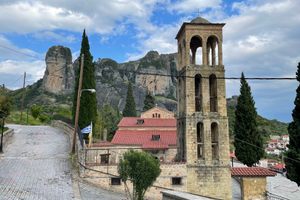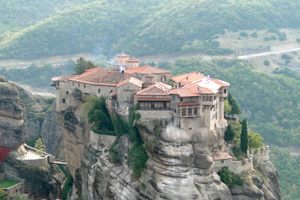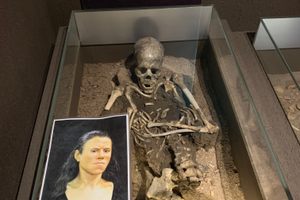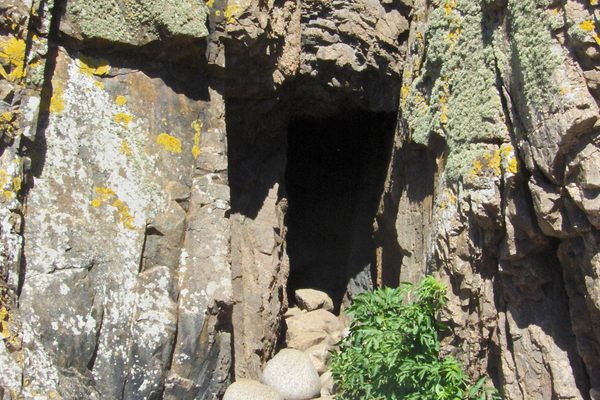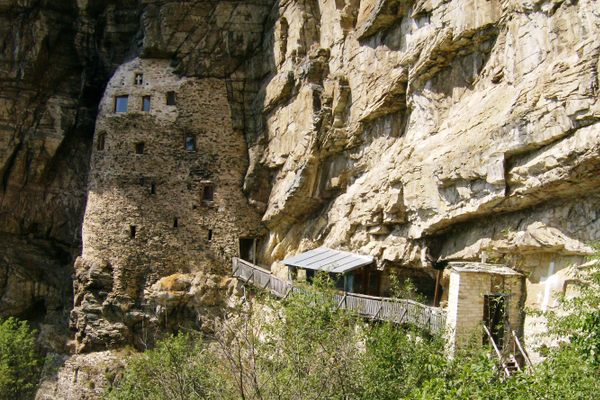About
Above the gorge of Kalarytikos River in Greece's Tzoumerka mountains, a monastery dedicated to the Virgin Mary stands at the entrance of a cave in a vertical cliff. The sharp cut of the rock hides the Monastery of Kipina, a monument of Christianity built using materials from the surrounding mountains.
In the early 13th century, a group of monks from the nearby Vyliza Monastery set out to establish a new order after a disagreement with their abbot. While looking for a location, they saw a hole in the mountain that turned out to be a cave. The monks climbed the steep slope, but when they reached the entrance of the cave, they faced a ravine with a gap more than six meters wide. Undeterred, the monks bridged the ravine with long sticks and passed across.
They found that the cave continued deep into the cavity of the huge rock. It had once been the bed of an underground river, but an earthquake or subsidence had changed its course.
When the monastery was first built, one of the greatest dangers was robbery raids. Thus, the monks built a high wall, constructed a durable door, and bridged the gap of the ravine with a sliding wooden bridge. When the danger was near, they dragged the bridge into the cave and were safe. Until 1920, the monks who lived in this monastery maintained this miracle of human technique and will. During the Turkish Occupation of Greece, from the 14th to 19th century, the cave was a shelter for Greek people.
Passing under a low door, the visitor enters a cave with stalactites and stalagmites. Its length reaches 240 meters. The church of the monastery has been carved to form a dome. The monastery exudes humility and sanctity. In the guestbook, one visitor noted: “I have been told that God has chosen the most beautiful places in the world to live in. I think that is true.”
Related Tags
Know Before You Go
No monks currently live in the monastery. Visitors can borrow the key from the coffee house in nearby Kipina village.
Published
April 29, 2021















